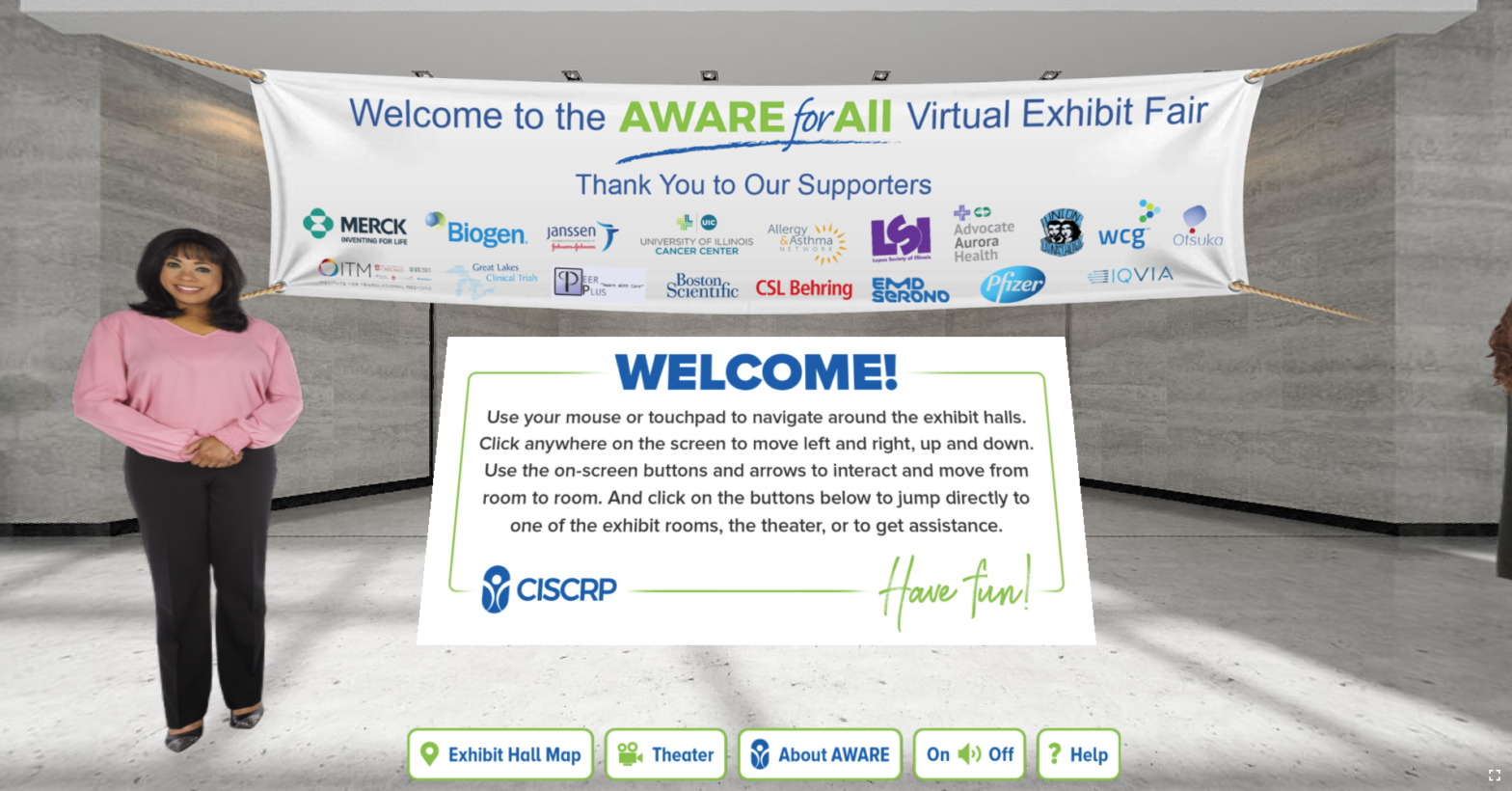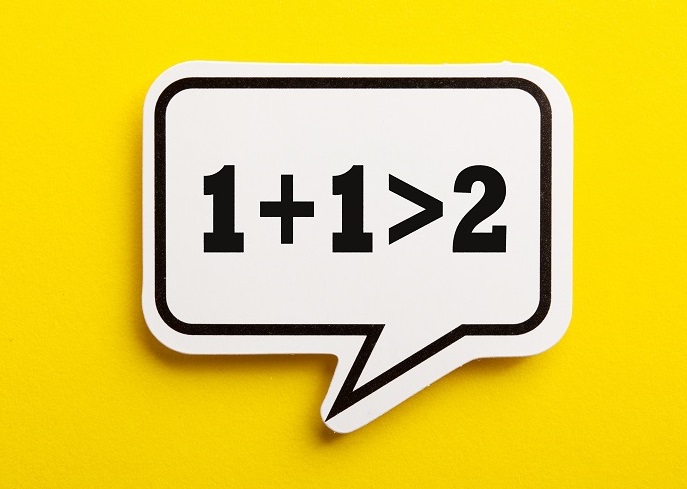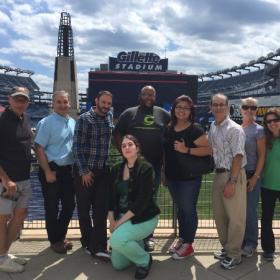eLearning 101: Why Do I Need to Be 508 Compliant?

At Illumina Interactive, we’ve worked with organizations across various industries, helping them design eLearning content that is not only effective but also accessible to all. If you’re wondering, “Why do I need to be 508 compliant?”—you’re asking an important question. The push for accessibility in digital content has never been stronger, and it’s crucial to understand both the legal imperatives and the broader benefits of making your eLearning courses compliant with Section 508 standards—and with more recent initiatives and international standards, such as the W3C Consortium’s Web Accessibility Initiative’s Web Content Accessibility Guidelines (WCAG). From our perspective, accessibility is more than just a checkbox; it’s about creating an inclusive environment where everyone has equal access to information and learning opportunities.
What is 508 and WCAG Compliance?
Section 508 is an amendment to the Rehabilitation Act of 1973. It mandated that federal agencies, and any organization that receives federal funding, ensure their electronic and information technology is accessible to people with disabilities. This includes everything from websites and software applications to multimedia and eLearning content.
More recently, the W3C Web Accessibility Initiative (WAI) has been developing a set of technical specifications, techniques,guidelines, and resources that describe how to make applications accessible. These have become international standards for web accessibility, with the latest iteration, WCAG 2.2, being an ISO standard: ISO/IEC 40500.
508 and WCAG compliance in eLearning involves adhering to specific guidelines that make your courses accessible to individuals with disabilities, including:
Visual Impairments: Ensuring content can be navigated and understood by users with limited vision, such as by using screen readers, providing alternative text for images, and offering keyboard navigation.
Hearing Impairments: Including captions and transcripts for audio content so that individuals with hearing disabilities can access the same information.
Motor Impairments: Designing courses that can be navigated without requiring precise mouse movements, thus accommodating users with limited motor skills.
Cognitive Impairments: Making sure content is structured in a way that is easy to follow and understand, using clear language and consistent navigation.
Why 508 and WCAG Compliance is Legally Important
One of the most compelling reasons to ensure your eLearning content is 508/WCAG compliant is to meet legal requirements. Organizations that fail to comply with Section 508 can face significant legal consequences, including lawsuits, fines, and reputational damage. More than ever, courts are holding organizations accountable for failing to provide accessible digital content. By ensuring compliance, you protect your organization from potential legal risks and demonstrate a commitment to following the law.
But compliance isn’t just about avoiding penalties. It’s about adhering to the principles of equality and non-discrimination. Every learner, regardless of their abilities, deserves equal access to educational content, and 508 compliance is a critical part of fulfilling that right.
The Broader Benefits of Accessibility Compliance
While the legal aspects of 508/WCAG compliance are certainly important, there are several other benefits that make accessibility a worthwhile investment:
Expanding Your Audience
When your eLearning content is accessible to everyone, you naturally expand your audience. This inclusivity allows you to reach individuals who may have otherwise been excluded from your courses. For organizations that provide training or educational content, this can lead to higher participation rates, more diverse perspectives, and ultimately, more successful learning outcomes.
Improving User Experience for All Learners
Accessibility features such as captions, transcripts, and simplified navigation benefit users with disabilities and enhance the learning experience for all users. Captions can help learners in noisy environments, transcripts can be useful for quick reference, and keyboard navigation can be more efficient for power users. By making your content more accessible, you’re also making it more user-friendly.
Enhancing Corporate Social Responsibility
In today’s socially conscious environment, organizations are increasingly being judged not just by their products and services, but by their values. By prioritizing accessibility, you’re demonstrating a commitment to inclusivity and equality. This can enhance your brand reputation, build trust with your audience, and position your organization as a leader in corporate social responsibility.
Future-Proofing Your Content
Technology and accessibility standards are constantly evolving. By creating content that meets 508/WCAG compliance standards now, you’re setting yourself up for long-term success. Accessible content is more adaptable to future technologies and platforms, ensuring that your eLearning materials remain relevant and usable for years to come.
Boosting Employee Satisfaction and Productivity
For organizations that provide internal training, 508 compliance can lead to higher employee satisfaction. When all employees, regardless of their abilities, have access to the same high-quality training materials, they’re more likely to feel valued and supported. This can lead to increased productivity, better performance, and a more inclusive workplace culture.
Ensuring that your eLearning content is 508 compliant might seem like a daunting task, especially if you’re unfamiliar with the specific guidelines and technical requirements. But you don’t have to navigate this journey alone. At Illumina Interactive, we specialize in creating accessible eLearning solutions that meet all legal requirements while providing an engaging and effective learning experience. We encourage you to reach out to us today to discuss how we can help you make your content accessible to everyone. Let’s work together to ensure your eLearning programs are not only compliant but also inclusive and impactful. Contact Illumina Interactive now to get started on making your courses fully accessible.



